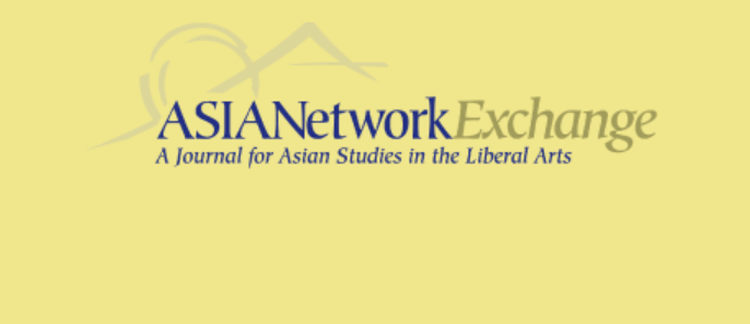Abstract
The world economic crises in 1998 and the subsequent political terrorism on September 11, 2001 vastly impacted the social, political, and cultural landscapes of Islam in Indonesia. The earlier political changes from the authoritarian New Order to the reformation era in 1998 had sparked not only democracy, but also the arrival of Islam as a political power that promised an instant solution to social, cultural, political, and economic decadence. Islamist movements, however, gained momentum after 9/11. Islamists interpreted “war on terror” and the use of terms like “Islamofascism” as a threat against Islam and Muslims. In response, they mobilized what the United State perceived as anti-Americanism. This anti-Americanism is, of course, concretely fueled by the Islamist views of US foreign policy and Western domination. But the Islamist perception of American Islamophobia plays a role as well.
How to Cite
909
Views
451
Downloads
